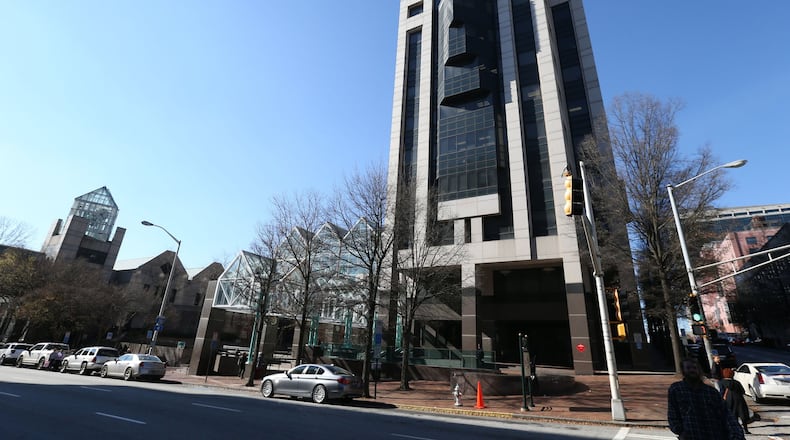The mayors of Fulton County cities threatened bureaucratic war to get a bigger share of federal COVID-19 relief money from the county government, and ended up with 10 times the original allotment.
Now they have a different problem — each mayor must get their respective city councils to agree on how to spend a collective $25 million in just two months.
The money is being distributed to 13 cities based on population.
City leaders this week began publicly discussing how they want to use the money. The offerings range from utility assistance in East Point and small business grants in John’s Creek, to childcare for essential personnel in South Fulton and food pantry grants in Alpharetta.
Only four cities — Alpharetta, Chattahoochee Hills, College Park and Roswell — have received full payouts. Fulton Chief Financial Officer Sharon Whitmore said the county has allocated a total of $14 million so far, and is still awaiting paperwork from some cities.
There’s a lot of work to be done before money can be offered to the public. City officials must create application processes, allow time for people or non-profits to apply, evaluate the applicants and disburse the money — all before Dec. 21, the date unspent funds must be returned to the county.
The mayors publicly fought for a bigger share of the $104 million allotment of federal Coronavirus Aid, Relief, and Economic Security Act funding Fulton received in April, personally accusing county officials of bad leadership along the way.
All but Atlanta and Mountain Park indicated they would file an injunction asking a judge to block Fulton from spending any more of the federal funds unless they got more money. Atlanta received a direct allocation of CARES Act funding, and Mountain Park said it had no coronavirus-related expenses.
Commissioners upped the amount to the cities from $2.5 million to $15 million after The Atlanta Journal-Constitution reported on the legal threat. Then commissioners in mid-September offered the cities a total of $25 million in reimbursements for COVID-related expenses and $5 million for personal protective equipment.
The federal government used Fulton’s population to arrive at $104 million allocation, so city leaders wanted most of the money because essentially all Fulton residents live inside of a city. County leaders argue that quick reaction (and spending) curbed the spread of the virus for all Fulton residents.
City leaders still aren’t happy. Mayors say this is the beginning of a new era in the city-county relationship.
“This is the first time I think in a long time ... where north county and south county mayors were all in the same page and stayed together,” East Point Mayor Deana Holiday Ingraham said Monday just before council members unanimously approved the city’s $1.45 million plan.
East Point will use two thirds of its money, nearly $1 million, on the payroll of public safety workers.
Many police, fire and emergency medical departments across Georgia saw large amounts of overtime during the early days of the pandemic and bought scarce PPE at high mark-ups.
When the CARES Act money came, it was unclear if cities could use the money on public safety budgets. Mayors wanted to be able to use the money on emergency responders in case the city couldn’t properly disburse the money before the deadline at the end of the year when they have to return the funds.
The federal Treasury Department recently decided that cities can use the money on public safety, re-invigorating city leaders to get the money from Fulton because they had a sure-fire way to spend the money.
But all cities are different.
In Johns Creek, some council members opposed giving the money to anyone other than residents.
“We shut businesses down and closed their doors,” said Stephanie Endres, who was elected in 2015.
Council members interrupted, accusing each other of picking winners and losers, as they discussed Monday who should get the money.
Erin Elwood, who was elected in December, is helping Endres form the city’s plan of how to spend the money.
“We have to make judgement calls, that’s why we were elected,” she said.
About the Author
The Latest
Featured


